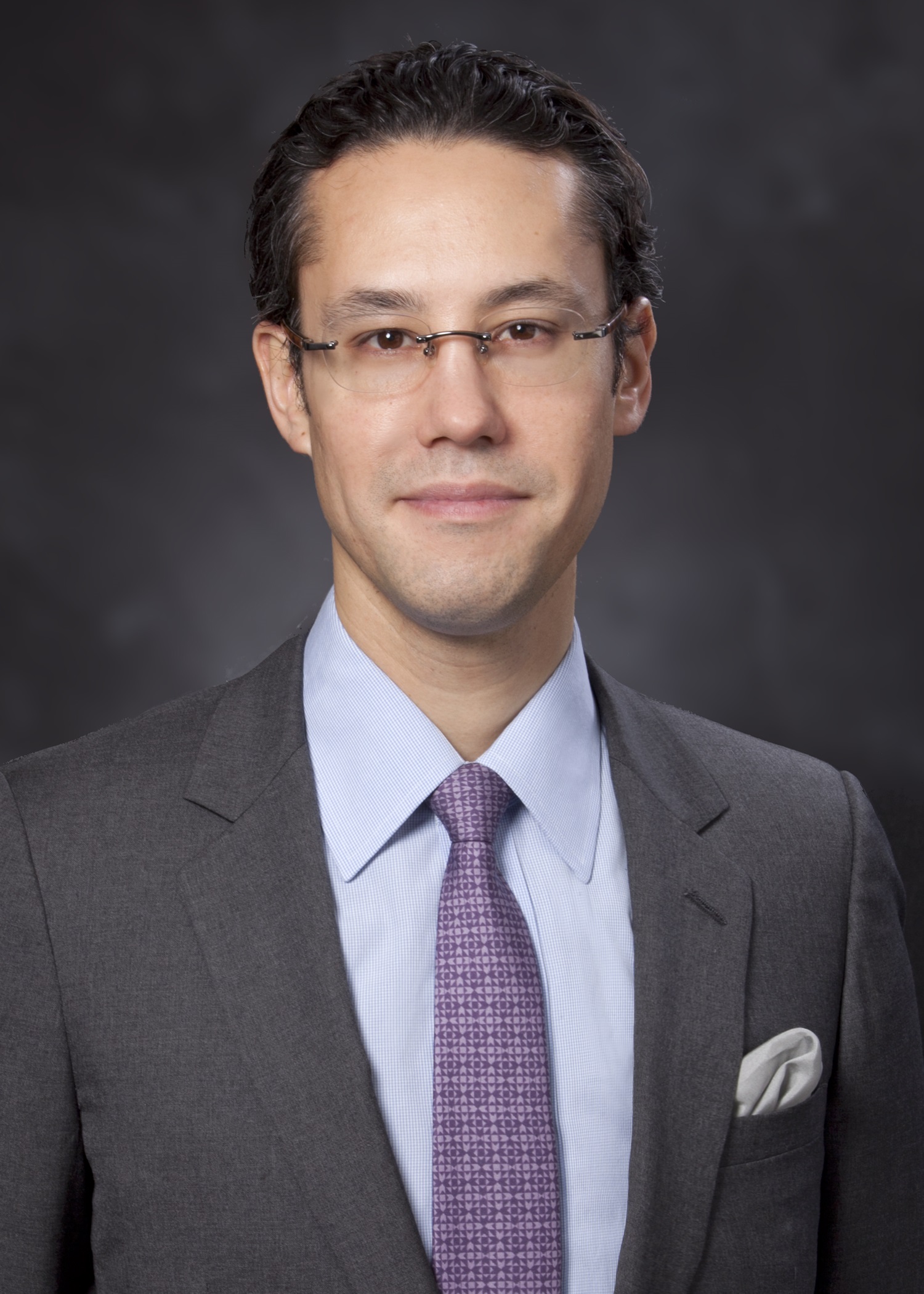
Christopher Tsai is President and Chief Investment Officer of Tsai Capital Corporation, a global equity manager headquartered in New York City. He founded the company in 1997 and serves as Chairperson of the firm’s advisory committee. Mr. Tsai excels in developing his thematic approach to investing to high performing investments in his portfolio:
“Our goal is to find high-quality growth companies that have significant upside potential and margin of safety at the time of purchase. We look for discounts to intrinsic value. And there just aren’t a lot of investments that meet all of the fundamental and qualitative characteristics that we look for in an investment. So we do a significant amount of research upfront, we are very patient, and we wait for the opportunity to buy at a discount.”
One such theme is the growth in the incomes of ordinary people across Asia. “The middle-class population in Asia is booming. From 2009 to 2030, the middle class is expected to increase from 525 million people to 3.3 billion. And what’s interesting about that is the spending power of that group is expected to increase from $5 trillion to $33 trillion. It’s a huge increase in wallet power by this segment of the population.”
This plays out into several specific stock holdings: “…as people get wealthier, the natural inclination for investors is to think about luxuries, but we don’t think about who might be able to buy a new car, because not everybody can. We think about simple luxuries like dining out, and Yum China (NYSE:YUMC) fits very much into this long-term durable tailwind.”
The company carries several important sustainable competitive advantages. “It’s a technologically savvy company. And one of the reasons it’s technologically savvy is because Ant Financial, which runs Alibaba’s (NYSE:BABA) Alipay mobile payments platform, is one of their partners. They actually invested $50 million during the recent spinoff of the company from the parent Yum! Brands (NYSE:YUM) in the States.”
To see all of Mr. Tsai’s in depth investment analysis and a review of his current top investment holdings, read the entire interview at the Wall Street Transcript.
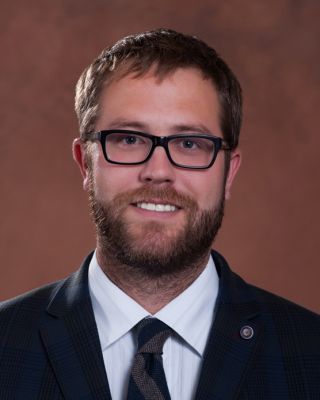
Nicholas Jansen joined Raymond James & Associates, Inc., in June 2006 as part of the health care research team focusing primarily on the services space, becoming an Analyst in 2011. During his time at the firm, his coverage broadened to encompass the pharma distribution channel, and his primary coverage responsibility now includes clinical laboratories, the human and veterinary diagnostics field, and health care information technology. His award winning analysis has developed a strong following among money managers looking for the next great healthcare investment.
In this exclusive interview with the Wall Street Transcript, Mr. Jansen reviews a large number of healthcare software companies and projects demand from their customers. “…When an organization decides to move from one vendor to the next, it is a complex process that has a lot of puts and takes in terms of the organization, nurses, physicians and infrastructure. Everyone has to change the way they have done things, so that is not an easy process.
Typically what you are seeing from a switching perspective or a replacement perspective is that the government gave hospitals free money, billions of dollars to invest in technology. Some of those organizations in the past chose poorly during that initial investment process. They chose vendors who might have been cheaper or might not have the same functionality that they were once promised. So you are seeing a consolidation of those facilities effectively switching to the winners in the marketplace.”
The expert analyst goes on to target key beneficiaries of this trend: “If you are a hospital CIO, while Cerner (NASDAQ:CERN) or an Epic might be more expensive, there are a lot of referenceable accounts, and you are unlikely to get fired as a CIO if you switch to Cerner or Epic.”
Mr. Jansen identifies one of his favorite stock picks: “The only traditional EMR player that I have been positive on is actually athenahealth (NASDAQ:ATHN), and it is not really traditional at all. As you are probably aware, it is a cloud-based platform versus a legacy software platform with its historic focus being on the ambulatory segment, but they have moved into the inpatient segment through an acquisition and extensive R&D efforts…”
To read the entire interview and see all of the detailed analysis and investment recommendations, visit the Wall Street Transcript.
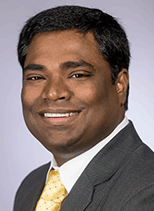
Mohan Naidu, CFA, is Managing Director and Senior Analyst, Healthcare Information Technology of Oppenheimer & Co., Inc. Mr. Naidu joined Oppenheimer from Stephens, where he had been a senior analyst covering HCIT since 2013. Prior to Stephens, Mr. Naidu spent five years as a member of the highly ranked HCIT equity research team at Piper Jaffray & Co. Before his career as a research analyst, Mr. Naidu worked at GE Healthcare IT for seven years, first as a senior lead system designer and later as a product development manager.
In his exclusive interview with the Wall Street Transcript, Mr. Naidu reviews the current investment landscape for health care software services stocks: “I would say the companies that have been providing what I call electronic health records are going to struggle a bit in the next 12 months, but outside of that, the niche vendors that provide productivity enhancement and work resolutions to hospitals are going to grow a lot because the hospitals have continued to spend and focus on trying to help the physicians and clinicians expand or at least improve their workflow in the post-electronic-health-record environment. Of course, there are newer services around telehealth and consumerization of health care, and also even the changing reimbursement angle. All these three subareas are going to really get a lot of tailwind, not just in the next 12 months but probably the next five years or so.”
“The other company that I am really excited about is HealthEquity (NASD:HQY), which is a company that manages and provides technology and services to employers so that they can actually provide the platform for employees to manage their high-deductible plan/HSA accounts. In the next five years, most of the employers, at least the larger ones, will move away from predominantly copay-based plans to deductible, high-medium plans, we believe. Employers are trying to find ways to get the employees more involved with health care costs, and there is no better way, we believe, at least at this point, than a combination of a high-deductible plan and an HSA, where an employee or a family will have a $6,000 to $7,000 deductible that can be put in an HSA account.”
For all the details and more picks and pans from Mr. Naidu in this growing business sector, read the entire interview in the Wall Street Transcript.


Peter Maag, Ph.D., is the Chief Executive Officer and President of CareDx, Inc. (NASD:CDNA). Dr. Maag has over 20 years of executive management experience in the pharmaceutical and diagnostic industry. Prior to joining CareDx, Dr. Maag was President of Novartis Diagnostics based in Emeryville, California. He headed the expansion of the unit with worldwide growth in its blood screening business and established new ventures in molecular diagnostics. Sasha King is Chief Commercial Officer of CareDx, Inc. Ms. King brings over 10 years of diagnostics and genetic testing experience. Most recently she worked in companion diagnostics marketing at Genentech and was a sales leader at Ariosa Diagnostics. While at Genentech, she worked on the launch of the first FDA-approved cell-free DNA test in oncology. In their exclusive interview with the Wall Street Transcript, these two experienced executives detail their strategy at CareDx to bring the cutting edge of technology to diagnostic testing.
Ms. King explains the development of their product niche strategy. “We have had a product in the heart transplant space called AlloMap for over 10 years now, and today, this test is the standard of care. There is no other comparable product in that space. We are about to launch a test called AlloSure for rejection surveillance in the kidney transplant space. Similarly, the current options are either invasive or less accurate, so we are really filling a major unmet medical need.”
She goes on to explain the science behind their product: ” It uses quantitative PCR to measure RNA from a blood sample. AlloSure is also a blood test but uses next-generation sequencing to measure cell-free DNA as a biomarker. These are fragments of DNA that are floating in the blood. We are able to identify if there is a higher volume of cell-free DNA coming from the donated organ, which is a signal that the organ is shedding more DNA and has injury.”
Get the details on the company’s complete projections and strategy in their full interview at the Wall Street Transcript.

Sean Dodge is an Equity Analyst at the Jefferies Group. Mr. Dodge joined Jefferies in March 2010 and is a senior analyst covering stocks in the health care IT and services sectors. Prior to joining Jefferies, he spent four years with SunTrust Robinson Humphrey covering the consumer sector. In his exclusive interview with the Wall Street Transcript, he details the near term prospects for stocks in this controversial business. “…We are starting to see a bifurcation happening here. The hospitals seem to be taking on a little bit of a life of their own in that they are buying more ahead of the mandates. Based on some of the recent survey work we have done, we see their spending on health care IT solutions to be less volatile and actually grow over the next few years.”
The analysis doesn’t stop there as Mr. Dodge sees a different outcome for stocks dependent on non-hospital payers. “In the ambulatory world, I think buying is still going to very much cluster around regulatory deadlines. As we dig deeper into the MACRA regulations, which I think are going to be one of the primary programs pushing forward adoption there, they will continue forward, but the threshold and the penalties for noncompliance are very low in the first couple of years.”
Sean Dodge covers many stocks in the Health Care software services sector: I cover health care IT, which includes the legacy EHR vendors, such as Cerner (NASDAQ:CERN), Allscripts (NASDAQ:MDRX), Quality Systems (NASDAQ:QSII) and athenahealth (NASDAQ:ATHN), and then, I have the other newer-aged health care IT companies like Evolent (NYSE:EVH), NantHealth (NASDAQ:NH), Cotiviti (NYSE:COTV) and HMS Holdings (NASDAQ:HMSY). I also cover some other services companies in health care like Stericycle (NASDAQ:SRCL), Owens & Minor (NYSE:OMI), Healthcare Services Group (NASDAQ:HCSG) and then Premier (NASDAQ:PINC), which is a GPO, of course.
Read Mr. Dodge’s picks and pans among his coverage universe in his complete interview at the Wall Street Transcript.
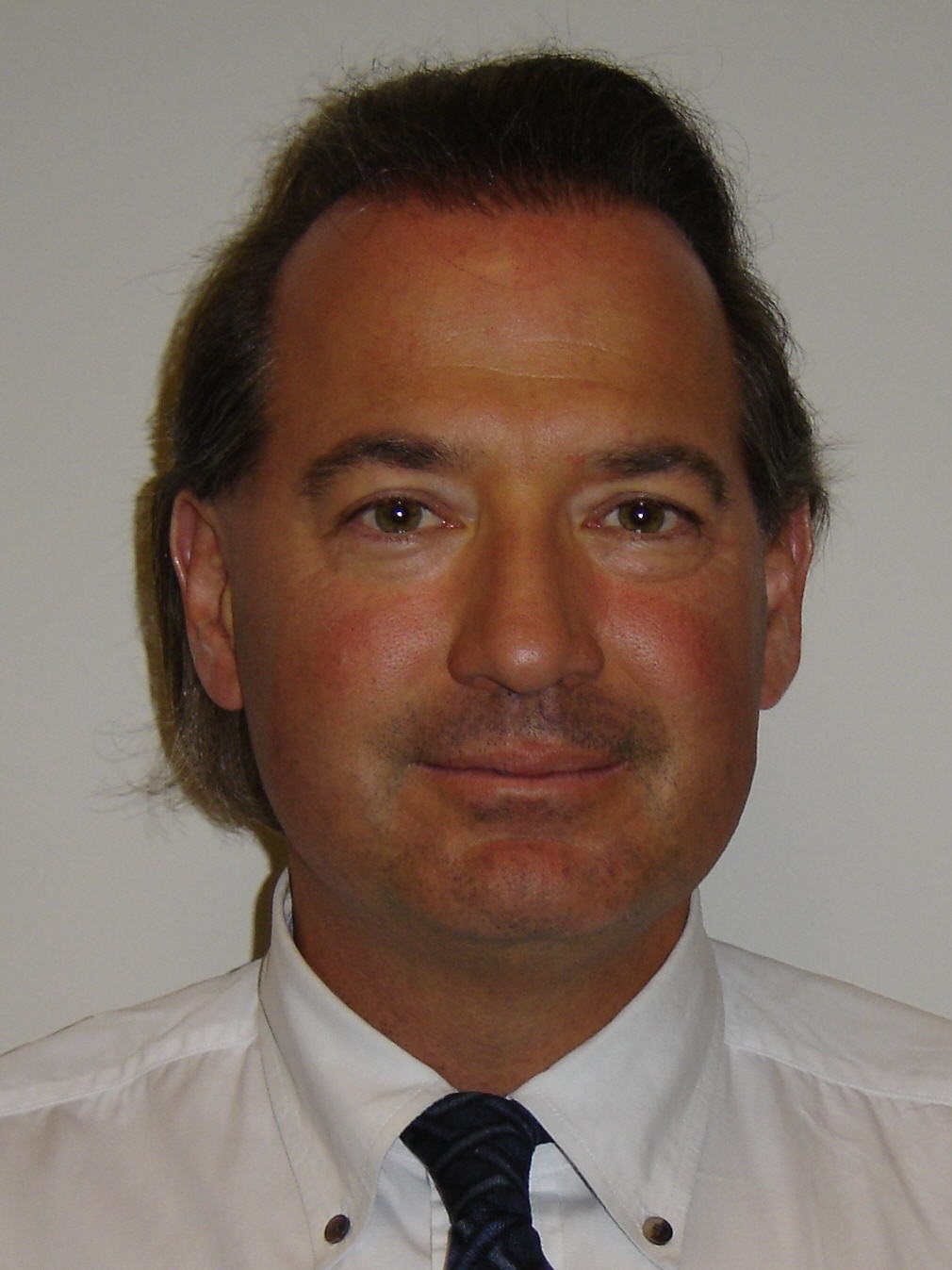
Eric M. DeMarco is President and CEO of Kratos Defense & Security Solutions, Inc. (NASDAQ:KTOS). In his extensive interview with the Wall Street Transcript, Mr. DeMarco details the operations of “our primary offerings, our core businesses, if you will, are unmanned aerial aircraft that are jet-powered, that are very, very high performance, that have been designed to perform their mission in contested environments.”
The large sales to several US allies will contribute to near term profitability growth, according to Eric DeMarco: “One of our primary customers is Israel and Israel Aerospace Industries — IAI — which is, my term, the Lockheed Martin (NYSE: LMT) of Israel and is owned by the Israeli government. We sell microwave electronic products to IAI, which is used in their radar systems and their associated missile systems and their electronic warfare systems.”
Eric DeMarco identifies one of Kratos’ top products: “…we have been very fortunate and very successful in winning a number of what I would call tactical UAV programs or contracts, where our UAVs, which again are jet-powered, very high performance and are designed to perform their mission in contested environments, we are delivering those to U.S. customers.”
The challenge for the rapidly growing defense supplier is in human resource: “…our greatest competition in recruiting people, and for the best and the brightest talent out there is the Silicon Valley companies and the high-flying companies. They’re very exciting and very technical, and they’re growing rapidly. And so we try to match them, not in name brand but in the interesting work that we do relative to our UAVs or our satellite business or our microwave electronics business.”
The CEO promises a strong return for current investors as the “…Secretary of Defense is pushing the rapid innovation. He has said publicly he’s a very large supporter of the innovation offices in the DIUx. So I believe all that, which previous Secretary of Defense Ash Carter set up and started, which I think was very insightful, I think innovation is going to at least be maintained if not accelerated under Mattis.”
To obtain all the details on where the rapid growth in cash flow is from for Kratos Defense and Security Solutions, read the entire interview in the Wall Street Transcript.

Rick Smith is CEO and Founder of Axon Enterprise, Inc. (NASDAQ:AAXN). Mr. Smith founded the original company, TASER, in 1993. In his exclusive interview with the Wall Street Transcript, Mr. Smith reveals his strategic plan to increase the valuation of his company dramatically through the development of several new businesses based on the TASER using community. The CEO and Founder also believes that keeping a tight rein on new business development is an intrinsic management philosophy for Axon: “…Right now, we’re laser-focused on the public safety space because sort of the whole idea of body cameras and improving police accountability has created such incredible momentum that, at this point, we found it best to just stay focused because we believe we can consolidate a very strong and defensible position in public safety.”
This corporate focus will lead to massive value creation as Axon “…core value proposition is what we’re building is sort of the Apple (NASDAQ:AAPL) ecosystem combined with the Salesforce (NYSE: CRM) enterprise software that you can run an entire national or international law enforcement and public safety community on, and we think that’s a highly defensible and very valuable business proposition.”
Rick Smith is basing this ecosystem on an “expansion in artificial intelligence. We purchased two AI companies earlier this year, and if you think about the application of AI, we have this amazing opportunity that today we store and manage video for the majority of the largest police agencies in the country. We have over 13 petabytes of data; it’s 13,000 terabytes of data. It’s one of the largest data sets in existence…Our data set is several times the size of Netflix’s entire video streaming library…”
To understand more of this massive value creation promise, read the entire interview with Rick Smith, CEO of Axon Networks, in the Wall Street Transcript.
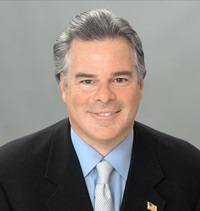
Richard L. Soloway is the Chairman of the board of directors of NAPCO Security Technologies, Inc. He was awarded Ernst & Young’s “Entrepreneur of the Year” in 2001 and awarded Guardian Angels “Champions for Safety through Education” in 2006. He has over three decades of security industry experience — pioneering in U.S. and international markets. He also holds numerous electronic design and manufacturing patents for security technology.
In his exclusive interview with the Wall Street Transcript, Mr. Soloway details NAPCO Security Technologies (NASDAQ:NSSC)’s growth strategy and future value generation. “There’s a couple of major paradigm changes to our business that have happened in the last couple years. I’ll tell you about the first one, and that is school lockdown systems. You know we have a lot of problems with unauthorized people coming into buildings, shooters coming in and situations like that. So we make a whole line of K-through-12 security locks, and we make a whole line of college and university security locks. They are used for lockdown. They are programmed by the administration so the doors can be locked from one door to a wing to a whole floor in the different buildings, and they can go campus-wide because they work on radio, and they install very easily and no wiring to run, and they’re very, very reliable.”
You can find more insights into the security business and recurring revenue strategy by reading the entire interview at the Wall Street Transcript.
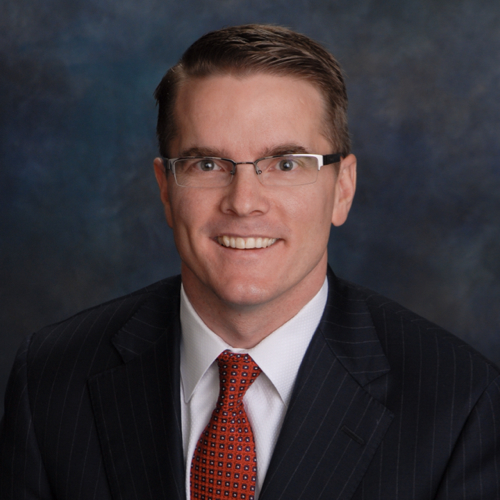
David Harden is President and Chief Investment Officer of Summit Global Investments. Mr. Harden has focused on managing institutional assets in low volatility, and he continues to do so at SGI. Mr. Harden is one of only a handful of active portfolio managers in the world that has researched, constructed, implemented and actively managed significant assets in the low-volatility equity space. In his exclusive interview with the Wall Street Transcript, David Harden reveals his methodology for picking low volatility stocks that capture the market upside.
“We are looking for high-quality earnings. What that does is, when the markets go down, we have averaged about 50% to 55% of the down market, and when markets go up, we have averaged about 85% of an up market. That is really our sweet spot.” Mr. Harden identifies high quality earnings and then stocks his portfolio with these equities.
One favorite portfolio pick has a currently contrarian flavor: “We have noticed with Wal-Mart (NYSE:WMT) — and why we hold that stock, and we are very, very positive on the stock as one of our top holdings — is that it has not only very low risk, but it is very cheap relative to its industry. It has very high profitability and great distribution.” Mr. Harden likes the stock for some of the very reasons that others have shunned it: “…people were very worried about them coming into e-commerce and getting gobbled up, if you will, or destroyed by the Amazon (NASDAQ:AMZN) effect….This e-commerce has a lot a growth opportunity for Wal-Mart, which is one of the reasons why our alpha factors are really rating it very well because of its high profitability and its cheapness relative to its industry.”
To see more of David Harden’s top picks and his purchase methodology, read the entire interview at the Wall Street Transcript.
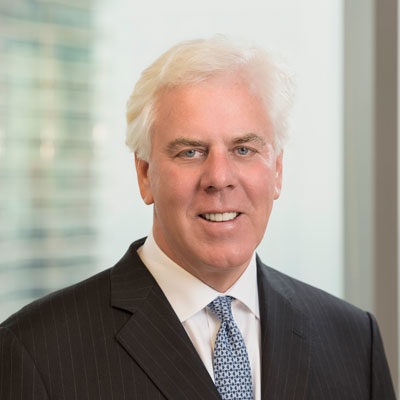
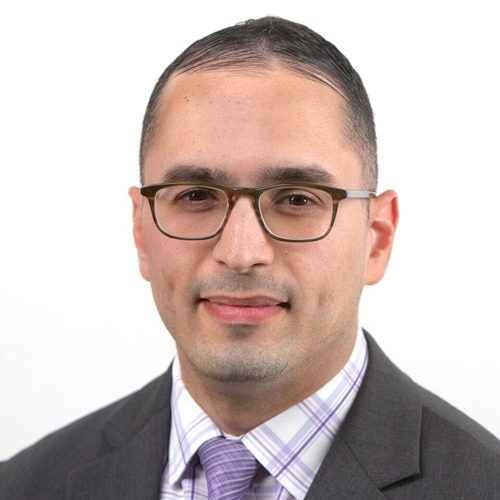
Brien M. O’Brien is the Chairman and Chief Executive Officer of Port Capital LLC. Mr. O’Brien has spent the majority of his 35-year career building and leading investment management firms. Robert S. Kad is a Managing Director of Port Capital LLC, and he is also the Portfolio Manager of the MLP Energy and Infrastructure Strategy. He brings more than 14 years of investment experience to the firm, with a focus on midstream energy infrastructure and MLPs. Earlier, Mr. Kad worked for Morgan Stanley, Alerian Capital Management and Goldman Sachs.
Mr. Kad sums up the investment approach of Port Capital in their exclusive interview with the Wall Street Transcript: “…our systematic approach to stock selection and portfolio construction is built upon a rigorous bottom-up fundamental due-diligence research process and stringent risk management protocols. Stock selection within our MLP strategy is predicated upon multiyear per-unit distributable cash flow and distribution growth maximization — effectively, a three-dimensional array of cash flow stability and growth magnitude and sustainability.”
An example of an MLP that fits their investment thesis is Noble Midstream Partners (NYSE:NBLX). “We view NBLX as an exceptionally well-positioned MLP for sustained growth, supported by committed producer parent NBL (NYSE:NBL); strong asset positioning and growth investment opportunities around both DJ Basin and Delaware Basin — Permian — footprints; high distribution coverage, almost two times; with low leverage, just over one times; and continued operating tailwinds in its water-handling businesses.”
To see the other MLP portfolio picks from the team at Port Capital, read the entire interview at the Wall Street Transcript.